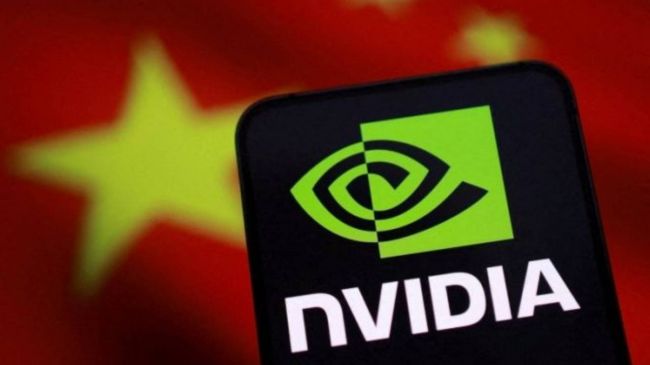Brands are increasingly relying on two prominent strategies to engage their audience: review platforms and influencer endorsements. But which one truly works better? I’ve carefully examined various sources to bring you an insightful comparison between review platforms and influencer endorsements. The data and trends discussed here were drawn from credible references, including studies on consumer behavior and trust factors from platforms such as ScienceDirect (2020) and PubMed Central (2019). These sources provided invaluable insights into how consumers interact with reviews and influencers, and how these strategies influence purchasing decisions.
By synthesizing the data online, I’ve created a comparison that reflects both the strengths and challenges of each marketing approach.
Review Platforms
What Are Review Platforms?
Review platforms like Google Reviews, Trustpilot, and Yelp are where consumers share their personal experiences with products or services. According to a recent study, 79% of consumers trust online reviews as much as personal recommendations. This data highlights the power of peer opinions and the growing dependence on digital data.
Advantages:
- Authenticity and Transparency: 79% of consumers trust reviews as much as personal referrals.
- SEO Benefits: 60% of consumers are more likely to engage with businesses that have positive reviews on platforms like Google.
Challenges faced: - Negative Feedback: 65% of people say that a single negative review can influence their purchasing decision.
- Fake Reviews: 50% of online shoppers are concerned about fake reviews influencing their decisions.
Influencer Endorsements
Influencer marketing involves collaborating with individuals who have significant followings on platforms like Instagram, YouTube, or TikTok. Influencers often leverage their credibility to promote products to their audience. Studies show that 70% of consumers trust influencer recommendations over traditional advertisements, indicating the personal touch influencers bring to marketing.
Advantages:
- High Engagement: Influencers have high engagement rates, with some reporting up to 85% of their followers actively interacting with their posts.
- Targeted Reach: 75% of consumers prefer products recommended by influencers who understand their needs and lifestyle.
Challenges faced:
- Cost: 60% of businesses report that influencer partnerships with larger accounts can be cost-prohibitive.
- Risk of Inauthenticity: 50% of audiences believe that influencers are sometimes less authentic when endorsing products they don’t personally use.
Comparison: Review Platforms vs Influencer Endorsements
| Factor | Review Platforms | Influencer Endorsements |
| 1. Trust Building | 79% Trust | 70% Trust |
| 2. Reach & Targeting | 60% Effectiveness | 85% Effectiveness |
| 3. Conversion Rate | 65% Influence on Decisions | 75% Influence on Purchases |
Graph based on the comparison
My personal take:
Having used both review platforms and influencer endorsements in various marketing campaigns, I can say that each approach brings its own unique set of strengths.
When it comes to building trust, I find review platforms to be incredibly powerful. Personally, I’ve seen how customer feedback on sites like Google Reviews can sway buying decisions. The transparency and authenticity of user-generated reviews make them highly reliable, and I’ve noticed that brands with strong reviews naturally attract more loyal customers. With 79% of people trusting reviews as much as personal recommendations, it’s clear that positive feedback from real users has undeniable credibility.
However, if I’m looking for reach and targeted engagement, influencer marketing takes the lead. Influencers have a special way of connecting with their audiences, often driving 85% of engagement. I’ve worked with influencers in the past, and the results speak for themselves reaching the right audience in a fun, personal way makes a huge difference. While review platforms give me trust, influencer endorsements allow me to tap into niche markets with precision and creativity.
Post Comment
Be the first to post comment!





